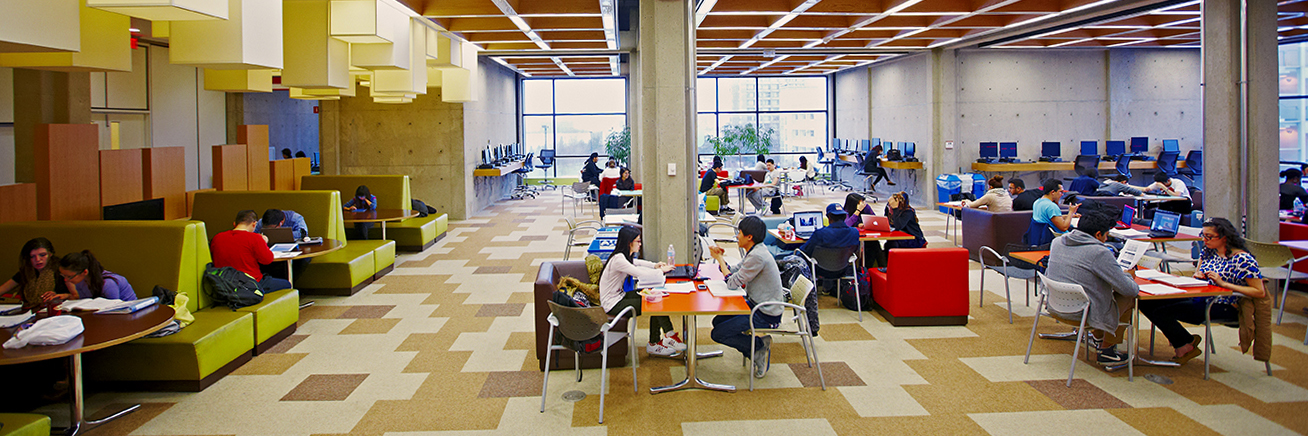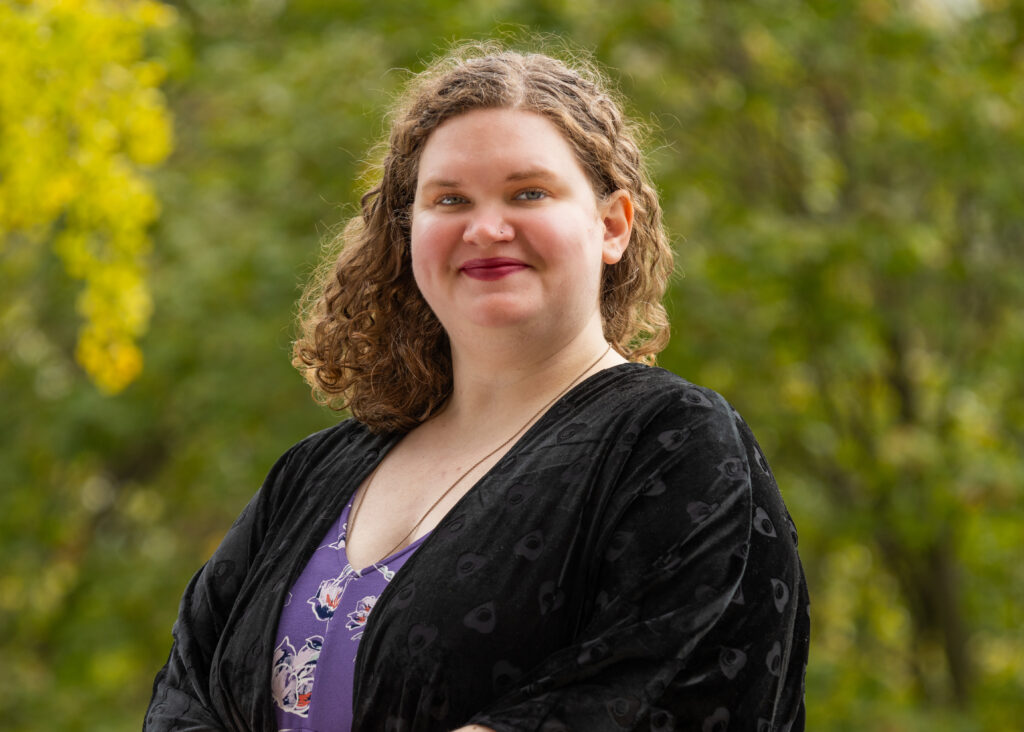
A unique symposium organized by York University Libraries (YUL) as part of International Open Access Week will bring together leaders in the fields of open educational resources (OER), archives and special collections.

York’s W.P. Scott Chair for Research in E-Librarianship, Hilary Barlow, will lead the online event on Thursday, Oct. 26 from 1 to 2:30 p.m. via Zoom. The event features two guest presenters – Danielle Manning, outreach officer at the Archives of Ontario, and Carrie Schwier, outreach and public services archivist at Indiana University – with a concluding presentation by Barlow on her current research.
"This event brings together Archives, Special Collections and open education (OE) in a way that is rarely explored and under-documented,” says Barlow. “While much has been studied and written about making archives and special collections available online, connections to OE and OER are scant. This symposium bridges that connection.”
This year’s Open Access Week theme, "Community vs. Commercialization," looks at advocating for unrestricted access to knowledge while prioritizing community needs over profit. Archives can play a key role in empowering communities by providing free and open access to a number of resources, which promotes inclusivity and can help democratize information.
Archives and special collections in academic libraries are a valuable resource for faculty and students and often contain hidden gems such as university records, private papers, rare books, maps and other primary source material that support an array of academic fields.
"By enabling these resources to be properly described and in some cases digitized, YUL, like other academic libraries, has been able to engage a broader audience in their use," says Sarah Coysh, YUL's associate dean, digital engagement and strategy. "YUL has been looking into how these resources can be accessed globally and has taken inspiration from the open education movement."
"I began my research by asking if archives and special collections materials could be shared as open educational resources and wondering if anyone in the field was actually doing this,” says Barlow.
The OE movement, and OER specifically, contribute to advancing the United Nations Sustainable Development Goal (SDG) 4: Quality Education. By providing free, reusable and remixable digital resources, OE initiatives contribute to removing barriers to education, as they can be accessed by anyone with an internet connection.
GLAM institutions (galleries, libraries, archives and museums), and archives and special collections organizations in particular, also contribute to advancing SDG 11: Sustainable Cities and Communities, notably the sub-goal 11.4, to “strengthen efforts to protect and safeguard the world’s cultural and natural heritage.”
Manning will present her work with the Archives of Ontario (AO) and share how her team is building community through GLAM-Wiki. Manning will share case studies on AO’s Wikimedia Commons uploads and how it has impacted community engagement. A second presentation, by Schwier, will examine concrete examples of implementation from an active primary source instruction program that serves over 30 academic departments, ranging from art to science.
“These presentations by Danielle Manning and Carrie Schwier show that there are practitioners in the field using innovative OE methods to make their collections more accessible online,” says Barlow.
Barlow will conclude the event with a presentation from her research, “Open Archives: The Intersection Between Open Education, Archives, and Special Collections.” This includes the results of 22 case study interviews with archivists and librarians on the subject of open education, and details of an upcoming larger survey. Earlier in her term as W.P. Scott Chair in E-Librarianship, Barlow worked with other members of YUL’s Open Education Steering Committee to survey York faculty on their familiarity with and use of OER.
Register for the symposium here: yorku.zoom.us/webinar/register/WN_u-o8pw54TzuW7L7QNMhcTw.
